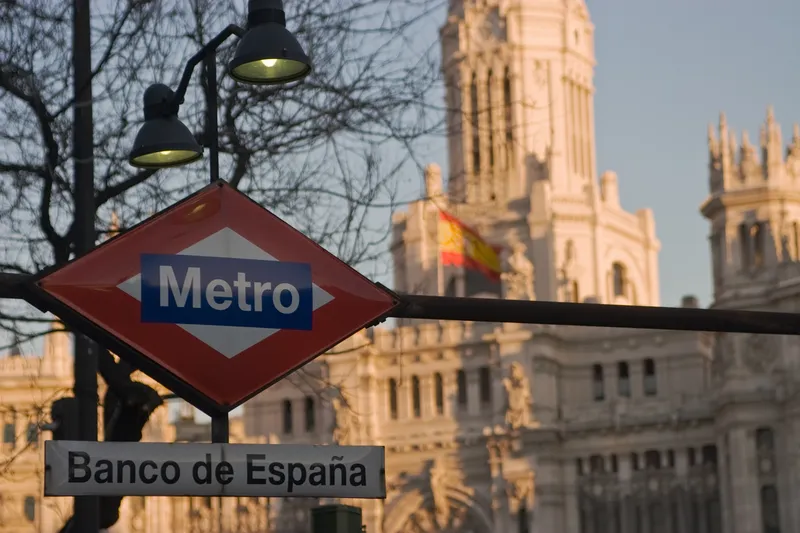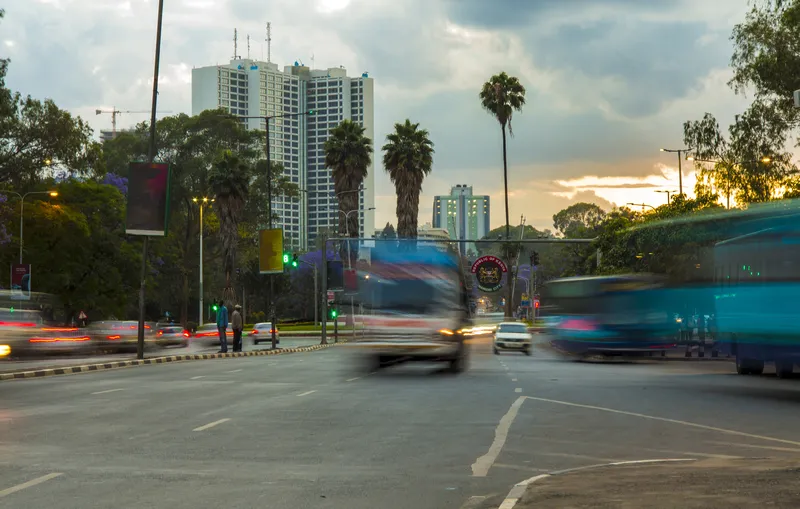Transport for London (TfL) has announced its contactless ticketing system is set to be used by other major cities across the globe as part of a deal worth up to US$20 million (£15 million, which will be used to help deliver a fares freeze that the Mayor of London, Sadiq Khan has announced across TfL services for the next four years.
TfL signed a deal with Cubic Transportation Systems (CTS), allowing them to adapt the capital’s contactless ticketing system worldwide. It is the first of a number of plann
July 14, 2016
Read time: 2 mins
TfL signed a deal with Cubic Transportation Systems (CTS), allowing them to adapt the capital’s contactless ticketing system worldwide. It is the first of a number of planned agreements to sell TfL’s expertise both at home and abroad – a key manifesto commitment for the Mayor.
The licence will grant CTS access to London’s contactless system, allowing it to be specifically tailored for other world cities’ transport systems.
TfL and CTS have a long-running partnership, having worked together to introduce the Oyster card system in 2003 as well as working together with the UK card industry to make TfL the first public transport provider in the world to accept contactless payment cards. The contactless payment system was first launched on London's buses in December 2012 and expanded to cover Tube and rail services in London in September 2014.
Since then, more than 500 million journeys have been made by more than 12 million unique credit and debit cards from 90 different countries, as well as using contactless-enabled mobile devices. Around one in 10 contactless transactions in the UK are made on TfL's network, making it one of the largest contactless merchants worldwide.
The Mayor of London, Sadiq Khan, said: “I made a firm commitment to sell Transport for London’s expertise around the globe. We will use the income from those deals for further investment in new infrastructure and to freeze TfL fares”.









